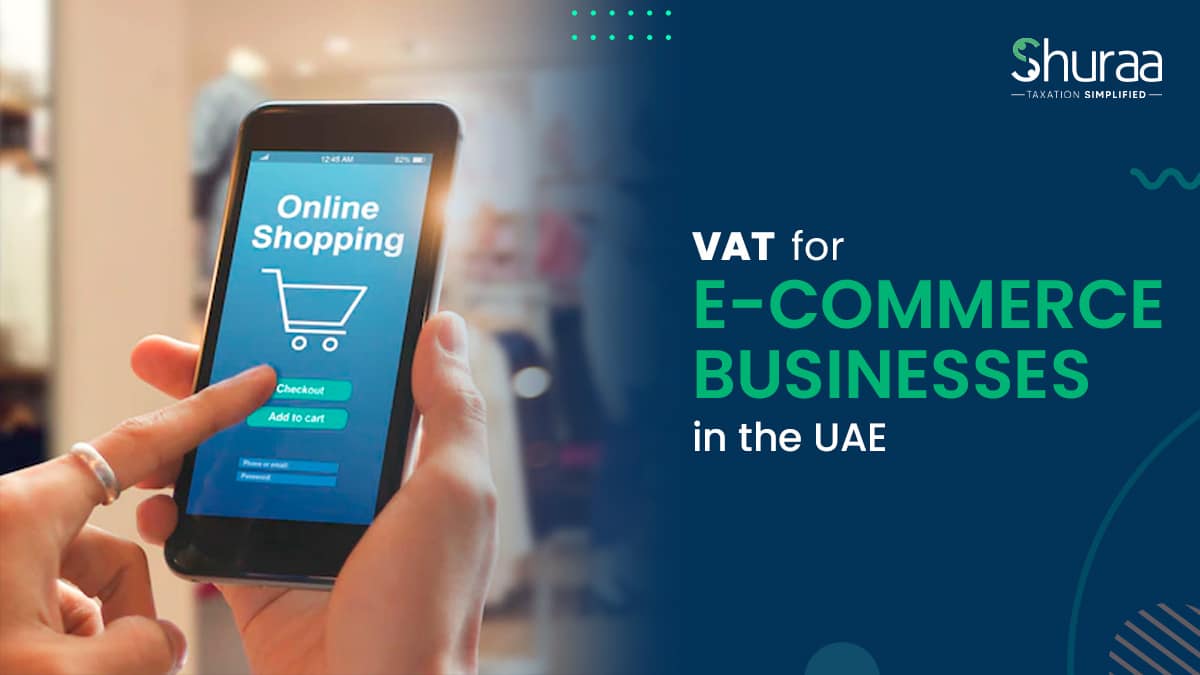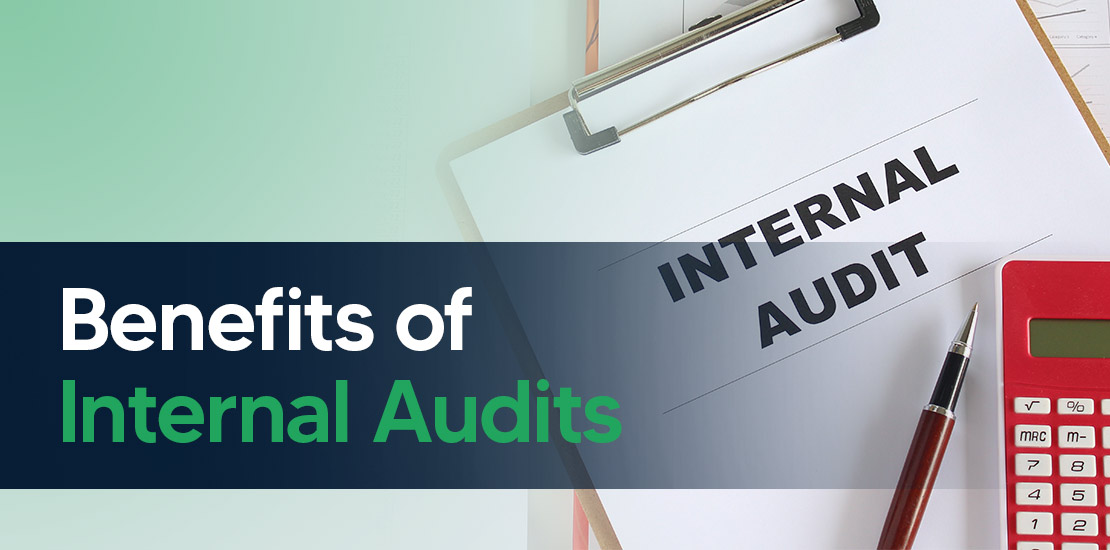Table of Contents
- VAT for E-commerce Businesses in the UAE
- Who Needs to Register for VAT?
- VAT on E-commerce Transactions
- VAT on Imported Goods Sold Online:
- How VAT is Charged at Checkout:
- VAT Compliance Requirements for E-commerce Businesses
- Accounting for Cross-Border Sales:
- Penalties for Non-Compliance
- How Shuraa Tax Can Help
- Frequently Asked Questions
E-commerce in the UAE has been growing at lightning speed. Back in 2019, there were around 4.5 million online shoppers, and by the last year, this number jumped to 6.5 million (roughly a 20% increase). The retail sector itself is now worth about AED 306.6 billion. In 2024, the UAE’s e-commerce market reached AED 32.3 billion and is expected to cross AED 50.6 billion by 2029. A young, tech-savvy population, reliable internet, and fast delivery services are all driving this boom.
But with this growth comes responsibility. Since January 1, 2018, the UAE has applied Value Added Tax (VAT) at a standard 5% rate, managed by the Federal Tax Authority (FTA). For e-commerce businesses, whether you sell products, digital services, or operate through marketplaces, it’s essential to know if there’s a VAT for e-commerce businesses in the UAE.
This includes when you need to register, how to charge VAT, and how to handle cross-border sales.
Staying VAT compliant protects your business from penalties, builds customer trust, and shows that you’re running a professional setup.
VAT for E-commerce Businesses in the UAE
E-commerce businesses in the UAE are fully covered under VAT regulations. Doesn’t matter if you’re selling physical products or digital services; VAT applies in most cases. Therefore, it’s important to know how it works in different situations.
1. Online sales to UAE residents (B2C transactions)
If you sell goods or services directly to individual customers in the UAE, you must charge the standard 5% VAT at checkout (once your business is registered for VAT). This applies to everything from clothing and electronics to subscriptions and e-learning platforms.
2. Online sales to businesses (B2B transactions)
For B2B e-commerce transactions within the UAE, the standard 5% VAT rate generally applies. The business selling the goods or services charges VAT to the business customer. The purchasing business, if it is VAT-registered, can typically reclaim this VAT as input tax in its own VAT return.
The key difference in B2B transactions often comes into play in cross-border scenarios where the reverse charge mechanism may apply.
3. Cross-border transactions (imports/exports)
The VAT treatment for cross-border e-commerce depends on whether the transaction is an import or an export.
- Imports into the UAE: Goods imported for sale online are subject to VAT at the point of import. The seller is responsible for accounting for this VAT, which may later be recovered if the goods are resold.
- Exports outside the UAE: Sales to customers abroad are generally zero-rated, meaning VAT is not charged, but you must keep proper documentation to prove that the goods or services were exported.
Who Needs to Register for VAT?
Not every e-commerce business in the UAE has to register for VAT right away. It depends on your turnover (the total value of your taxable supplies and imports) in a 12-month period.
1. Mandatory VAT Registration
If your taxable turnover is AED 375,000 or more, you must register for VAT. This applies whether you’re an online store, marketplace seller, or even a freelancer running a digital service business.
2. Voluntary VAT Registration
If your turnover is AED 187,500 or more, you can choose to register voluntarily. This is useful for small e-commerce businesses that want to look more professional and be able to claim back VAT on business expenses.
3. Marketplace Operators
If you sell through online platforms or marketplaces, you should check whether VAT collection is your responsibility or handled by the platform. In most cases, the seller is responsible for VAT compliance, not the platform.
4. Freelancers and Small Businesses
Even if you’re just offering services online (like digital design, tutoring, or software subscriptions), the same VAT thresholds apply.
VAT on E-commerce Transactions
VAT applies differently depending on the type of product or service being sold online. Here’s a breakdown to make it simple:
1. VAT on Sales of Goods Online:
If you’re selling physical goods (like clothes, electronics, or home items) to customers in the UAE, you must charge 5% VAT at the point of sale. The same applies whether you’re selling through your own website, social media, or an online marketplace.
2. VAT on Digital Services:
Digital products and services are also taxable. This includes things like:
- Online subscriptions (music, streaming platforms, etc.)
- Software and mobile apps
- Online courses and e-learning platforms
- Digital consulting services
- If your business offers these, you must add 5% VAT for UAE customers.
VAT on Imported Goods Sold Online:
When goods are imported into the UAE for online sale, VAT is charged at the point of import. The seller pays this VAT to customs but can often reclaim it later as input tax when filing returns. For the customer, the price they pay should already include the VAT.
For Non-Registered Businesses: A business that is not VAT-registered must still pay the 5% VAT on the imported goods at customs before the goods are released. Since they are not VAT-registered, they cannot reclaim this tax.
How VAT is Charged at Checkout:
For e-commerce transactions within the UAE, VAT is usually added to the final bill at checkout. For example, if an item costs AED 100, the customer will pay AED 105 (including 5% VAT). Businesses must clearly show the VAT amount on the invoice or receipt to stay compliant.
VAT Compliance Requirements for E-commerce Businesses
Running an e-commerce business in the UAE means following certain VAT rules set by the Federal Tax Authority (FTA). Here’s what you need to keep in mind:
VAT Registration:
If your sales cross the mandatory threshold of AED 375,000, you must register for VAT. Registration is done online through the FTA portal.
Issuing VAT-Compliant Invoices:
Every sale must be supported by a proper VAT invoice. Invoices should clearly show:
- Seller and buyer details
- A unique invoice number
- Item/service description
Net price, VAT amount, and total price (including 5% VAT)
Record Keeping:
Keep detailed records of all sales, purchases, imports, and exports for at least 5 years (in some cases, 15 years for real estate). Proper bookkeeping helps in case of FTA audits.
Filing VAT Returns:
Most businesses need to file VAT returns quarterly (every 3 months). Returns must show total sales, VAT collected, and VAT paid on purchases (input VAT). Returns are submitted online through the FTA portal, and payment must be made before the deadline.
Accounting for Cross-Border Sales:
Ensure correct treatment for exports (usually zero-rated) and imports (VAT charged at customs). Keep proof of export to claim zero-rating.
Note: VAT rules can change, especially for e-commerce and digital services. Regularly check FTA updates or work with a tax consultant to avoid mistakes.
Penalties for Non-Compliance
For e-commerce businesses, mistakes can quickly become costly. Here are some key penalties to be aware of:
- Late VAT Registration: If you fail to register for VAT on time after crossing the mandatory threshold, the penalty can start from AED 10,000.
- Late VAT Return Filing: Missing the VAT return deadline can result in penalties starting at AED 1,000 for the first time, and AED 2,000 for repeated delays within 24 months.
- Late VAT Payments: If you don’t pay VAT on time, a percentage-based fine is applied (2% of unpaid tax immediately, 4% monthly, and up to 300% maximum).
- Incorrect or Incomplete Records: Not keeping proper invoices, sales records, or import/export documents can lead to fines of AED 10,000 – AED 50,000, depending on the violation.
How Shuraa Tax Can Help
E-commerce is booming in the UAE, and following VAT rules is a big part of running a successful online business. Registering for VAT, VAT return filing on time, and keeping proper records not only helps you avoid fines but also shows customers that you run a trustworthy business.
If you’re unsure where to start, don’t worry, you don’t have to do it alone. Shuraa Tax can guide you through the entire process, from VAT registration and compliance support to bookkeeping and VAT return filing. Reach out to Shuraa Tax today and let us make VAT simple for your business.
Frequently Asked Questions
1. Is VAT applicable to e-commerce businesses in the UAE?
Yes. VAT for e-commerce business in the UAE applies just like traditional businesses. Most online sales and digital services are subject to 5% VAT.
2. Do I need to charge VAT on digital services like subscriptions or e-learning?
Yes, digital services are considered taxable supplies. If your business is VAT-registered and sells digital products to a customer in the UAE, you must charge the standard 5% VAT on the sale.
3. Do freelancers or small online sellers need to register for VAT?
Yes, if their turnover crosses AED 375,000. Below this, registration is voluntary but can still be beneficial.
4. Do I need to charge VAT on online sales to customers in the UAE?
Yes, VAT on online sales to UAE residents (B2C) is 5%, which must be added to the product or service price at checkout.
5. How is VAT handled on imported goods sold online?
A VAT-registered business pays the 5% VAT on imported goods at customs but can then reclaim this tax as input tax in its VAT return. The business then charges 5% VAT on the final sale to the customer.













